Welsh Water: What is the company and how does it work?
- Published
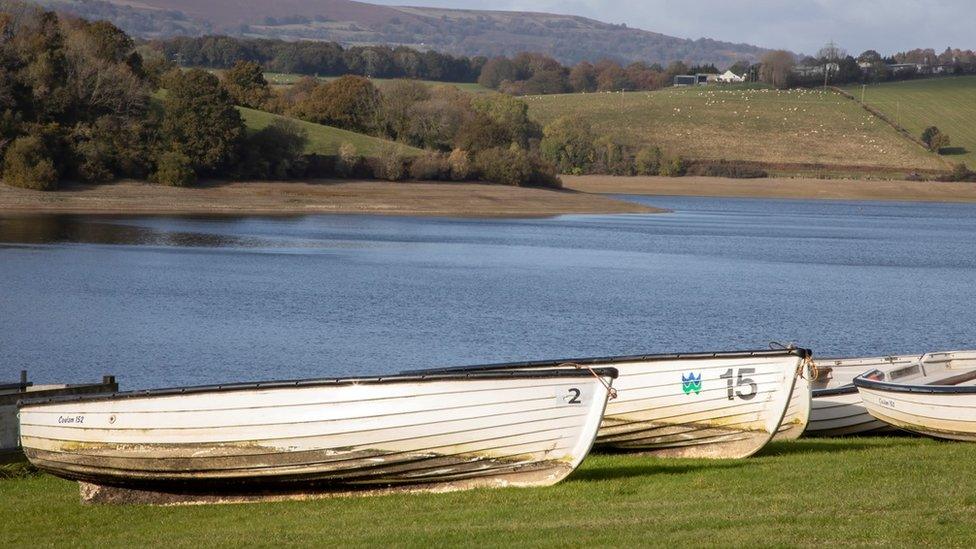
The role of Welsh Water goes beyond keeping taps turned on - it also owns reservoirs across the nation
Welsh Water has hit the headlines after bosses admitted illegally spilling untreated sewage at dozens of treatment plants for years.
But what is the company and what does it do across Wales?
Looking after 1.4 million homes and businesses, Welsh Water also owns 91 reservoirs, boating lakes and vast trout fisheries.
In total, the not-for-profit company - also known by its Welsh name Dwr Cymru - counts three million people as customers in Wales and Herefordshire.
Headquartered in Cardiff, it is one of Wales' top employers, with thousands of people working in engineering, maintenance, educational and management roles at treatment centres and reservoirs.
How many people does Welsh Water look after?
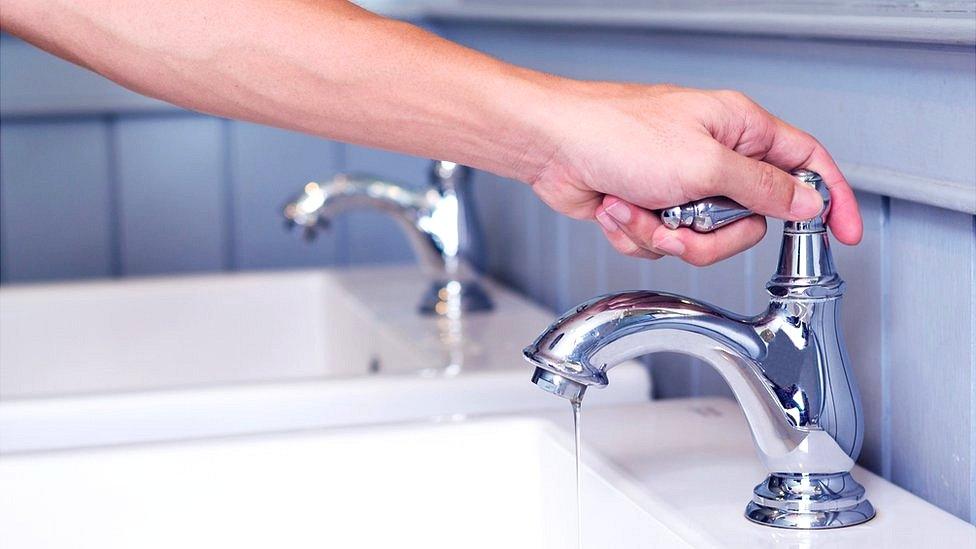
Keeping water supplied to people's homes and businesses is a massive undertaking
To give some basic facts, the company serves 1.4million properties across the country, which includes homes, businesses, hotels, council buildings, and basically anywhere that may need water.
In total, this covers three million people in Wales and Herefordshire and provides them with 828 million litres of water every day.
How much do customers pay?
In February it was announced customers would face paying £14 more a year for their water, bringing the average annual bill to £499 - the second highest in Wales and England.
The company said its research had shown 84% of customers found the new plan "acceptable".
In recognition of the cost of living crisis it said it would boost support for customers struggling to make ends meet with funds it has because of its not-for-profit status.
What challenges does Welsh Water face?
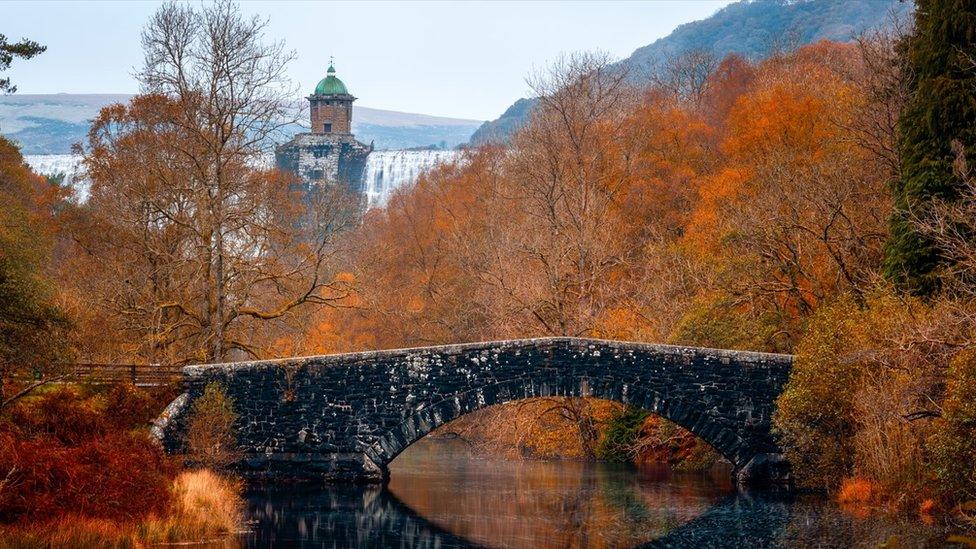
Not just reservoirs, but some of Wales' most beautiful areas are covered by Welsh Water's network
Bills are set to continue rising and earlier this month the company said they could go up by £120 a year by 2030 to tackle river pollution.
The firm said its new business plan would see bills rise by £5 more a month in 2025 and £10 a month more by 2030.
It said challenges were "significant" and wanted to cut leaks by a quarter, slash pollution incidents by 24%, replace the lead pipes of 7,500 customers and reduce running costs by £42m.
What else do they do?
As well as getting water to your taps, toilets and showers, Welsh Water is a pretty significant employer - the fourth largest in Wales.
In total, 3,000 people work for the company - many were involved in carrying out a huge £1.5bn investment programme launched in 2010, maintaining 26,500km (16,466 miles) of water mains, more than 30,000 km (18,641 miles) of sewers and 800 wastewater treatment works.
They also analyse 600,000 samples of drinking water a year and look after 92 reservoirs.
What reservoirs do they own?
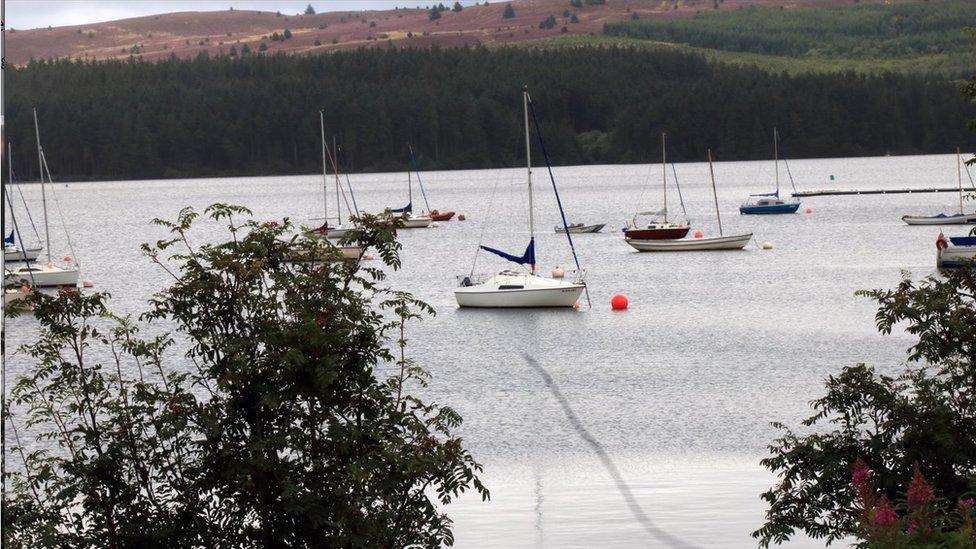
Llyn Brenig is a top-of-the-water trout fishery
In a country with so many mountains and plenty of rain, it is not surprising Wales has many reservoirs - and Welsh Water owns 91 of them.
It also manages the single largest group of still water trout fisheries in the UK and looks after 40,000 hectares of land.
More than one million people visit these sites each year to fish, boat, or enjoy the scenery.
Are Welsh Water the only company to release sewage?
There has been extensive criticism of water companies over the past few years for releasing sewage.
Three of the biggest water companies are suspected of discharging sewage into the UK's waterways on dry days in breach of their permits.
England's Environment Agency is carrying out its own criminal investigation, external into potentially illegal discharges by all water companies in the country.
The UK's environment watchdog also suspects the government and water regulators have broken the law over how they regulate sewage releases.
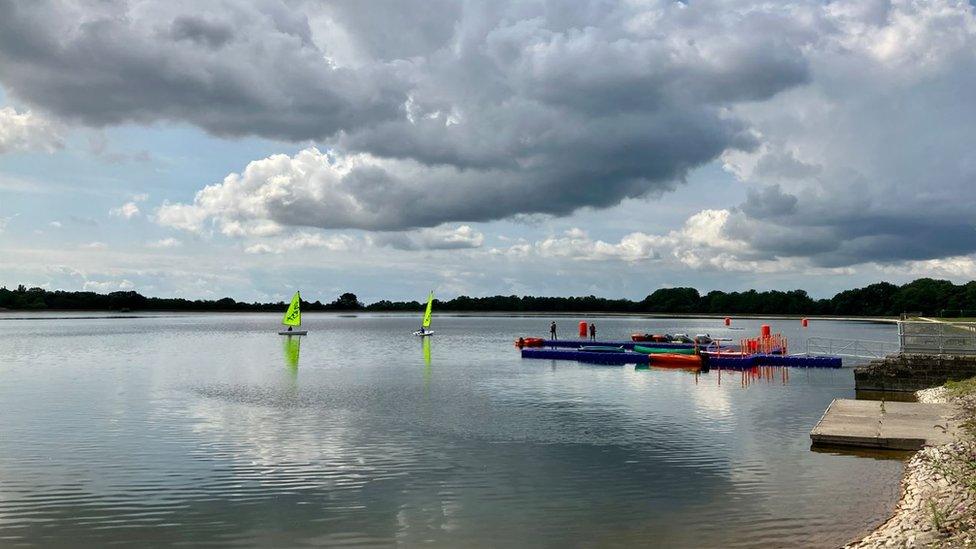
There were plans to build houses on Llanishen Reservoir - but it has now reopened
How is Welsh Water financed?
Welsh Water describes itself as being unique in the water and sewage sector.
This is because, since 2001, it has been owned, financed and managed by Glas Cymru - a company limited by guarantee with no shareholders.
The business model includes building up reserves to insulate Welsh Water and its customers from any unexpected costs.
As a not-for-profit company, it reinvests any financial surpluses back into the business.
What financial issues do other water companies face?
Welsh Water is the sixth largest of 11 regulated water and sewerage companies that operate in Wales and England.
The biggest is Thames Water, which was privatised in 1989 and has debts of £14bn - which analysts say amounts to 80% of the value of the business.
Critics argue billions of pounds were taken out of the company in loans and dividends - which is a share of a business's profits that is paid to shareholders.
Regulator Ofwat has raised concerns about the financial resilience of five companies: Thames Water, Southern Water, Yorkshire Water, SES and Portsmouth.
Related topics
- Published19 October 2023
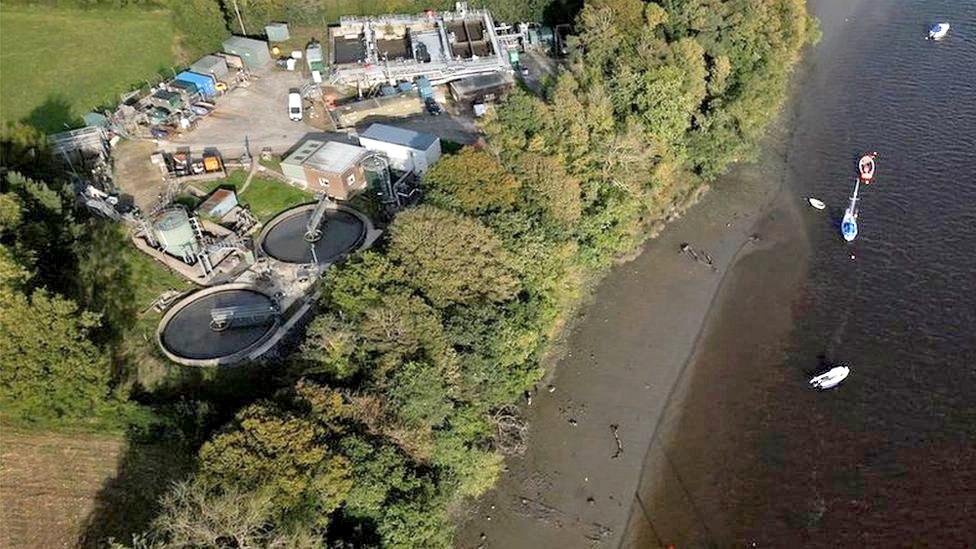
- Published2 February 2023
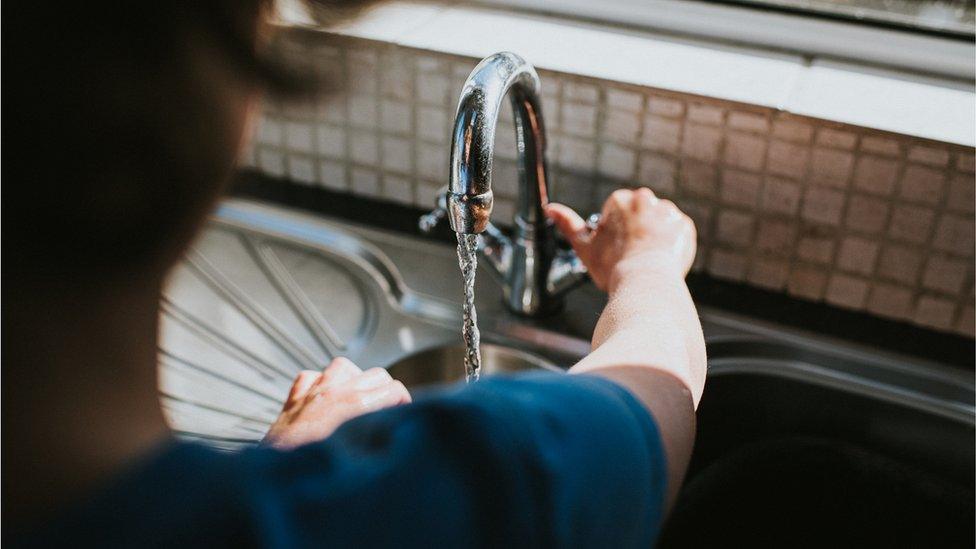
- Published2 October 2023
